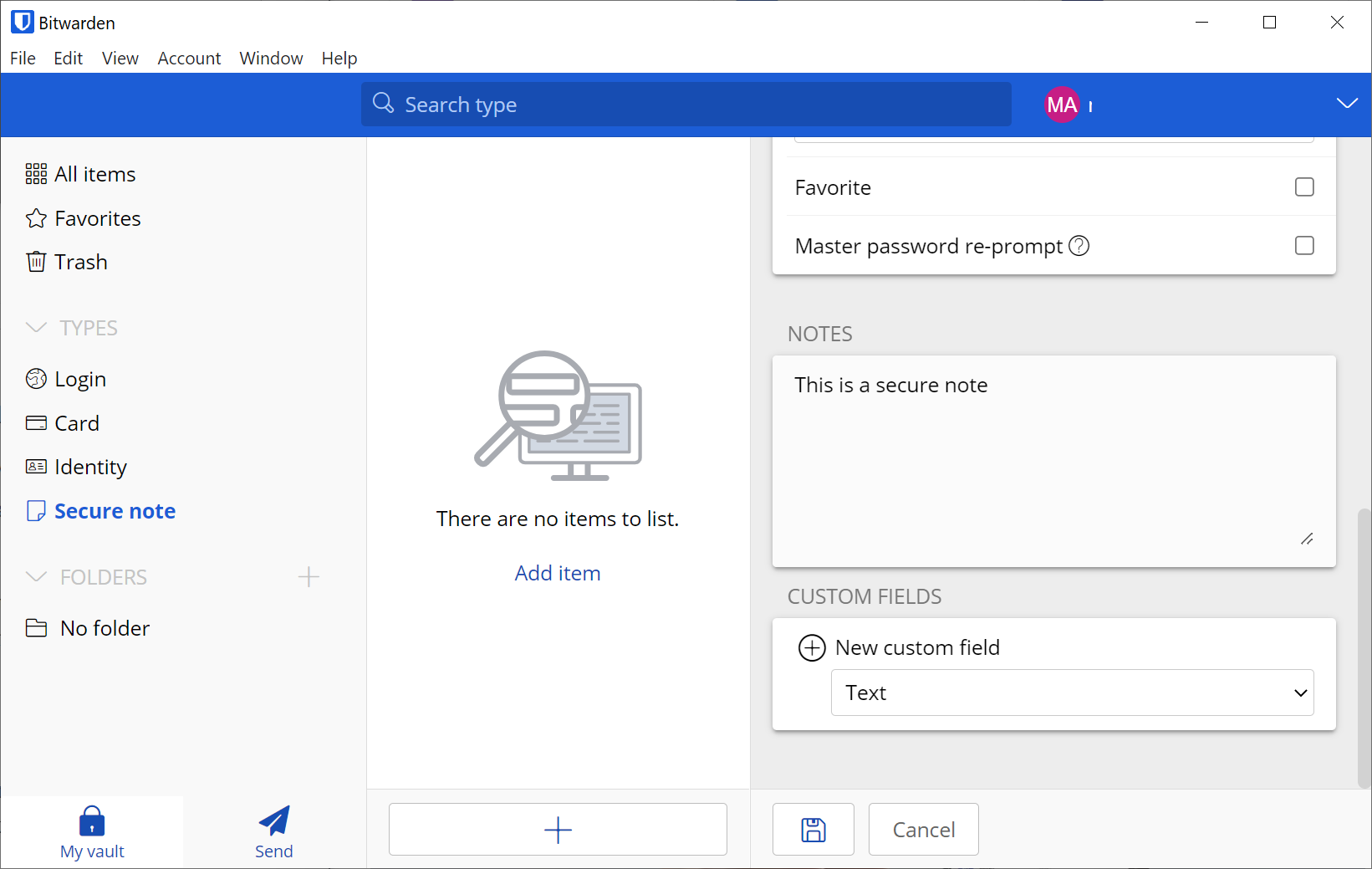
Should you use your browser’s password manager or a dedicated app?
2023-03-28Password managers are one of the most important security tools for computer users. They store passwords securely and help with the generation of strong and unique passwords.
ADVERTISEMENT
Computer users have two main options when it comes to password managers: use a browser-based solution or a dedicated program or application.
To better understand how these differ, it is important to look at the functionality that they provide. Browser-based password managers, like Google Chrome’s password manager, work inside the browser. They are comfortable to use, as they are integrated natively, and the developer of the browser is already trusted, otherwise the browser would not be used.
The main downsides of using a browser-based password manager is that it is tight to that browser. It can’t auto-fill passwords in other programs, e.g. a VPN desktop program or Spotify app, and also can’t help users directly when it comes to the generation of passwords.
Password manager programs and apps work system-wide, when they are available for the platform. Some come with browser extensions for better integration in certain web browsers. Another advantage of them is that they, usually, offer more features, some of the advanced. To name just a few common ones: storing the password history, recovery options, password sharing, multi-factor authentication, advanced import and export options, or the storing of file attachments, e.g., screenshots. Some of the password managers are open source.
These dedicated password managers may have a few downsides, depending on which is selected. Many require a subscription for advanced functionality, and they may not be as easy to set up, as multiple apps, programs or browser extensions may need to be installed.
5 Reasons why dedicated Password Managers are superior
Using a browser’s password manager is better than not using one, but it is usually not as good as using a dedicated password manager. Applications like Bitwarden, 1Password or KeePass offer many advantages.
Reason 1: Support
A browser’s password manager works in that browser and in all instances of the browser on other devices. It does not work outside the scope of the browser, which means that users need to use manual actions, such as the copying of passwords, to enter them in programs outside of the browser’s interface.
Users who work with different browsers will notice that it is difficult to keep the data in sync. Browser’s don’t support syncing stored passwords to web browsers created by other companies, and manual imports and exports are not really a solution for that issue.
Dedicated password managers support all major platforms, and they often come with browser extensions to add improved support for popular web browsers.
Reason 2: Security
Password managers need to be have the best security, as they unlock access to a user’s entire digital life if breached. All password managers use encryption to store and sync data, but that is where feature sets divert.
Browser password managers may be accessed immediately if the system is up on Linux. On Windows and Mac, the operating system’s PIN or other forms of authentication are required before all passwords may be accessed (on first access only).
Dedicated password managers require the master password, and they usually come with features to lock access after a set period. Additionally, users may add more security to most apps, including two-factor authentication or security key support.
Some password managers may support multiple accounts, to further protect different databases.
Reason 3: More than just password storage

The password manager in browsers supports the storing of passwords, but that is often the entire scope of the feature. While some browsers may support form filling and the saving of card information, it may not be tied to the password manager.
Dedicated password managers may support a whole range of items that they may store securely next to passwords. This may include the storing of file attachments and notes, and these items do get synced across all devices.
Notes may be useful to add security questions, software license codes, and other information associated with a particular account.
Reason 4: Better management options
Browsers save passwords to a single list, but they lack management options. Users can’t create folders to sort passwords into groups, and there are not any options to make a login work on different services.
In Bitwarden, for example, users may add multiple URIs to a single password identity. A single account, for instance an Amazon account, could be configured to work on all of Amazon’s website.
1Password supports tags that users may assign to identities for better search functionality.
Reason 5: Extra features make a difference
Dedicated password managers support a wide range of features. KeePass, for example, supports plugins, which users may install optionally to add more functionality.
Some applications may support account recovery options using different methods, the sharing of passwords with trusted users, a password history to look up previous passwords, or improved search capabilities.
Closing Words
Dedicated password managers are the better fit, most of the time. While there may be some edge cases, they do offer better security options, system-wide support, and advanced features. Still, using a browser’s built-in password manager is better than not using one, in most cases.
Now You: built-in browser password manager or dedicated app, which do you prefer?
Summary

Article Name
Should you use your browser’s password manager or a dedicated app?
Description
Is a dedicated password manager or a browser’s built-in password manager the best option for computer users?
Author
Martin Brinkmann
Publisher
Ghacks Technology News
Logo

Advertisement